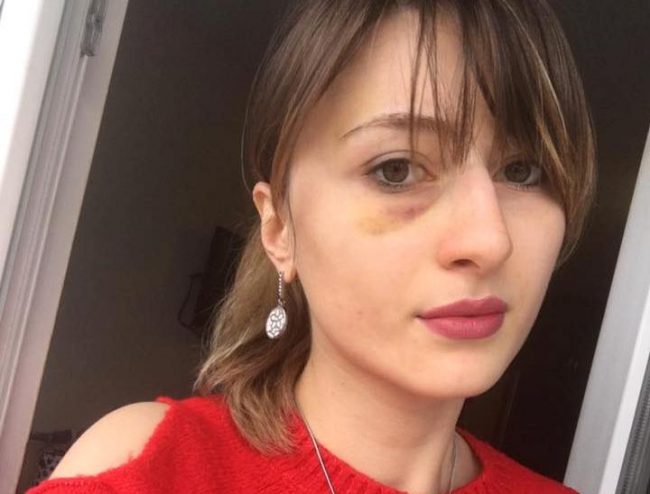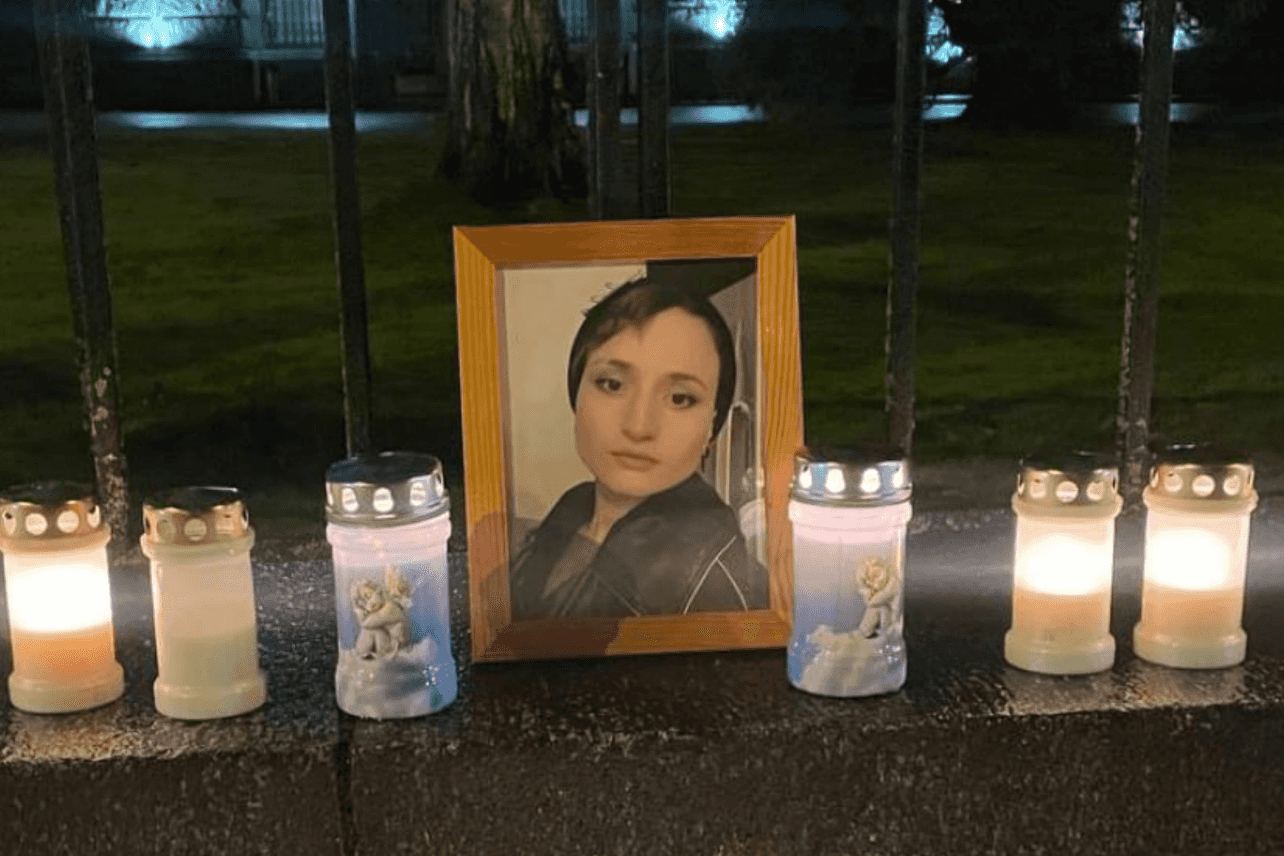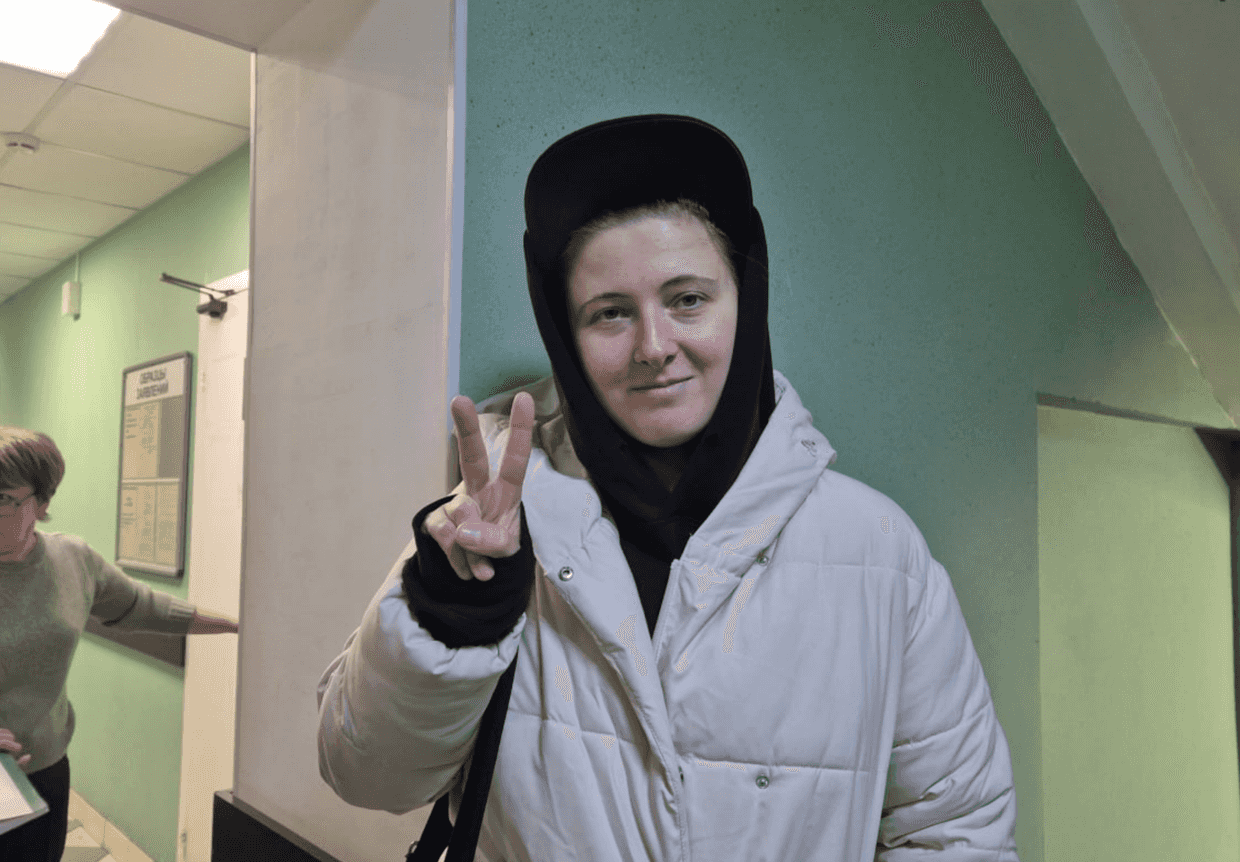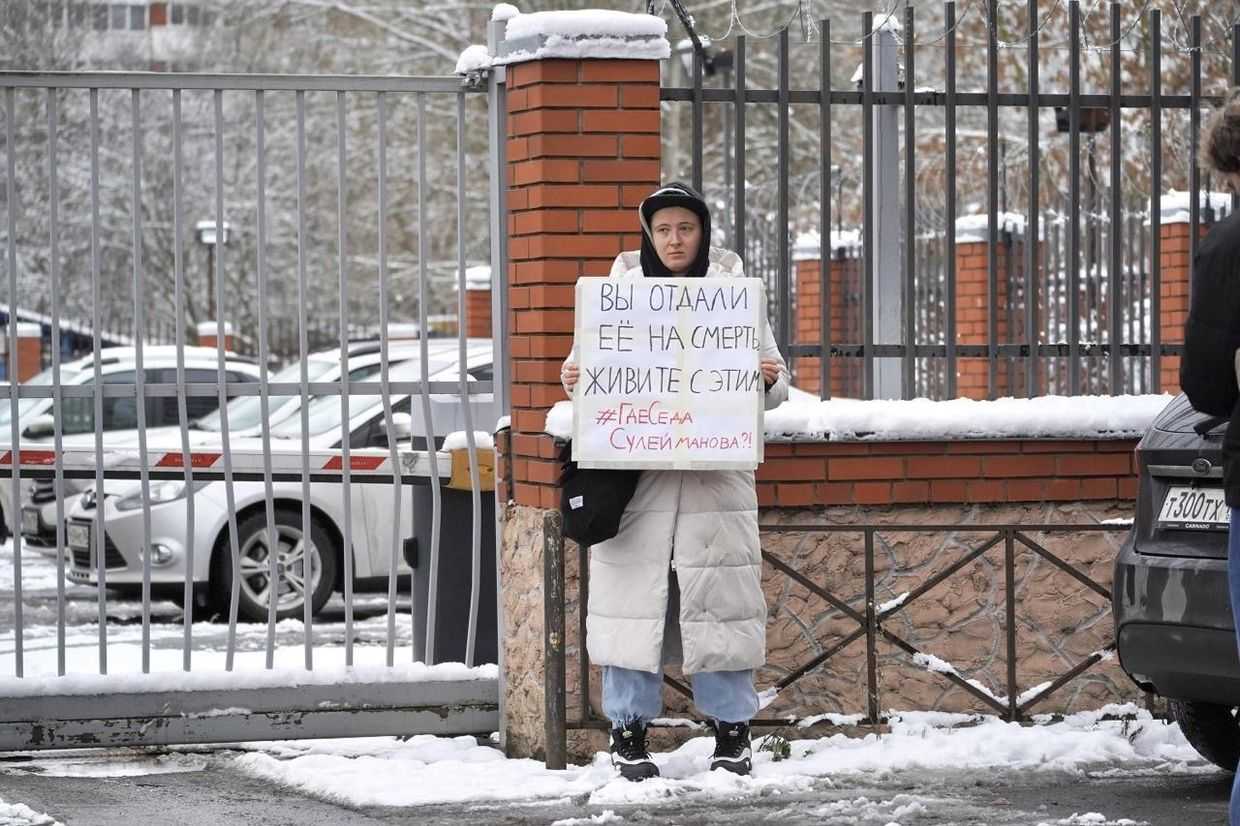

 Georgian police have issued two restraining orders against a woman who says she was subjected to domestic violence, after her ex-husband’s family claimed her posts on Facebook were offensive.
Georgian police have issued two restraining orders against a woman who says she was subjected to domestic violence, after her ex-husband’s family claimed her posts on Facebook were offensive.
Dea Goshkheteliani and her father was subjected to physical violence from her then-husband, according to the Georgian Young Lawyers’ Association (GYLA), a rights group who represented Goshkheteliani in court.
The police issued a restraining order against Goshkheteliani’s husband in early January, and the Prosecutor’s Office arrested him after launching an investigation.
On 7 February, police reportedly issued a restraining order against Goshkheteliani after her former father-in-law filed a complaint, claiming that Goshkheteliani’s Facebook posts had caused him distress. The police considered the posts a form of psychological abuse, GYLA reported.
In her posts, which have now been deleted, Goshkheteliani reportedly shared her experience of living with an abusive husband, and how his family had abused her psychologically for years.
According to GYLA, even after Goshketeliani stopped writing about her experience on Facebook, her former mother-in-law and sister-in-law filed another complaint to police on 17 February. Police then issued a second restraining order against her, which prohibits Goshkheteliani from making social media posts which could be ‘offensive’ to her former in laws.
Netgazeti reported on 20 February that after an appeal from GYLA, Kutaisi City Court rescinded the initial restraining order taken out by Goshkheteliani’s former father-in-law. They are still appealing the second restraining order, which remains in force.
In a statement, GYLA said the restraining orders show that police lack an understanding of the seriousness and the scope of gender issues that women in Georgia face.
‘With such an approach, the state fails to effectively fight against violence against women, domestic violence, and fails to achieve equality’, they said.
Domestic violence in Georgia
The Public Defender’s 2017 special report says that domestic violence and violence against women remains an important challenge for Georgia.
According to data provided to the Public Defender by the Prosecutor’s Office, from 1 January to 20 September, investigations were launched into 22 cases of femicide, with 13 showing signs of domestic violence.
In the first six months of 2017, more than 1,800 restraining orders were issued.
Older data from 2015 showed that 94% of people with restraining orders against them were men, the majority taken out by their wives.
Research from the United Nations Population Fund published in 2014 suggested that one in every eleven woman in Georgia had suffered from physical violence.









